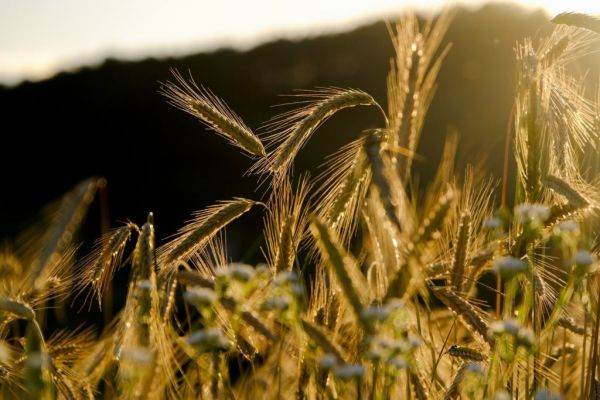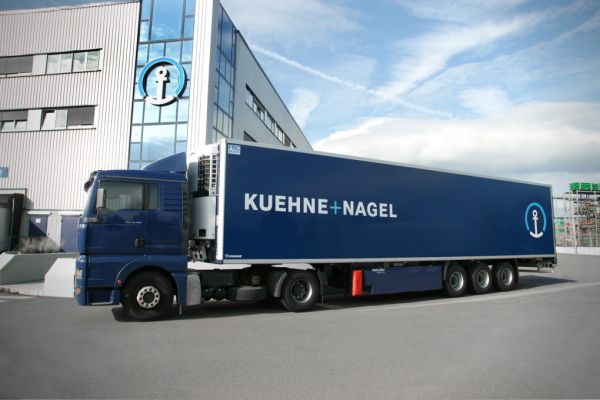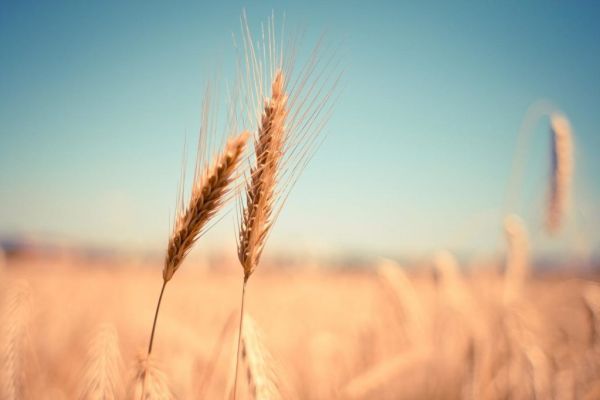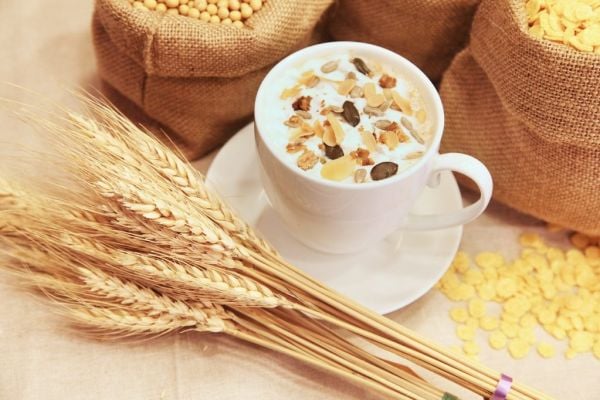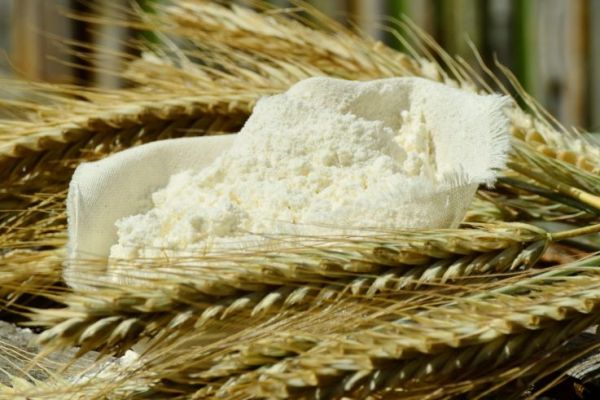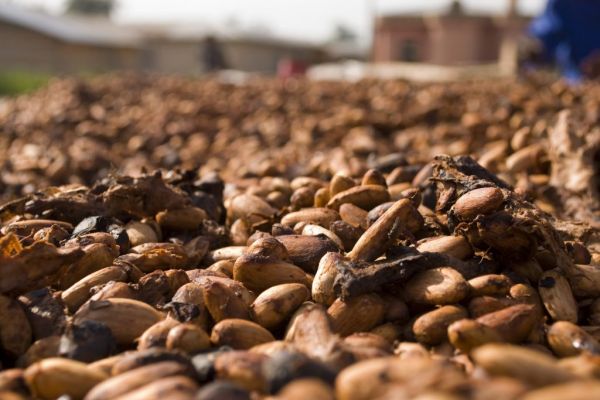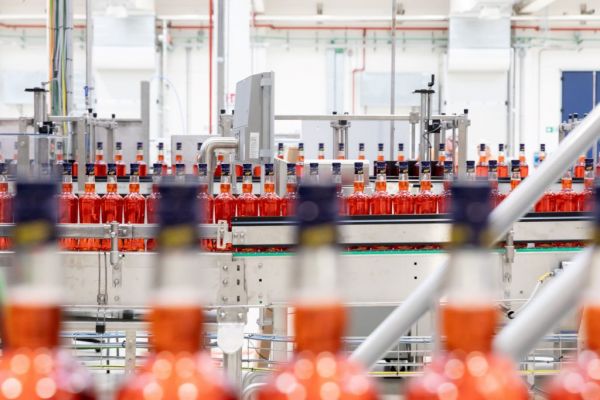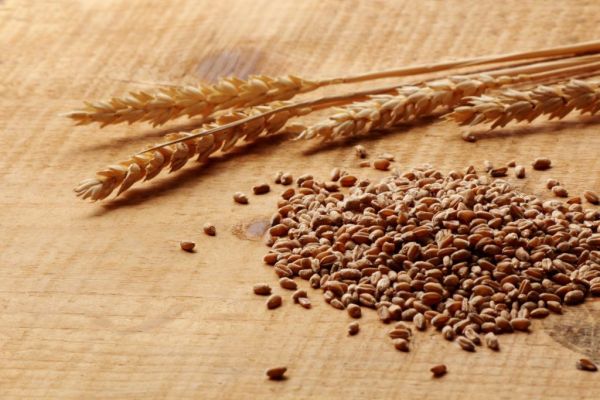Russia will limit exports of nitrogen fertilisers and complex nitrogen-containing fertilisers for six months to try to curb any further increase in food prices amid higher gas prices, Prime Minister Mikhail Mishustin has said.
Moscow has been trying to contain high food inflation at home with taxes on grain exports in 2021. The recent surge in global gas prices added to its concerns that higher prices for nitrogen fertilisers, which need gas for their production, would further increase the cost of food for the Russians.
"The increase in natural gas prices has had a negative impact on the global markets which could translate into Russia," Mishustin told a government meeting.
The government decided to limit exports of nitrogen and complex nitrogen-containing fertilisers "to prevent a shortage on our domestic market and the resulting increase in food prices," he added.
Nitrogen Fertilisers Exports
The quota for exports of nitrogen fertilisers will be set at 5.9 million tonnes, and for complex nitrogen-containing fertilisers at 5.35 million tonnes, he said.
The quotas of this size are equal to the traditional size of Russian exports of these fertilisers for the period and will help to guarantee domestic supply, an industry source told Reuters, adding that the quotas were expected to be set for 1 December - 31 May.
Stabilise Supply For Russian Farmers
Along with producers' earlier agreement to fix prices for the domestic market until the end of 2021, this measure would help to stabilise supply for Russian farmers, he added.
Farmers in Russia, the world's largest wheat exporter, are sowing winter grains for the next year's crop, with lower fertiliser use in some regions because of rising global prices for the crop nutrients, analysts said last week.
The quotas "should improve the situation (ahead of the spring grain sowing) to a certain extent," Dmitry Rylko at the IKAR agriculture consultancy said.
